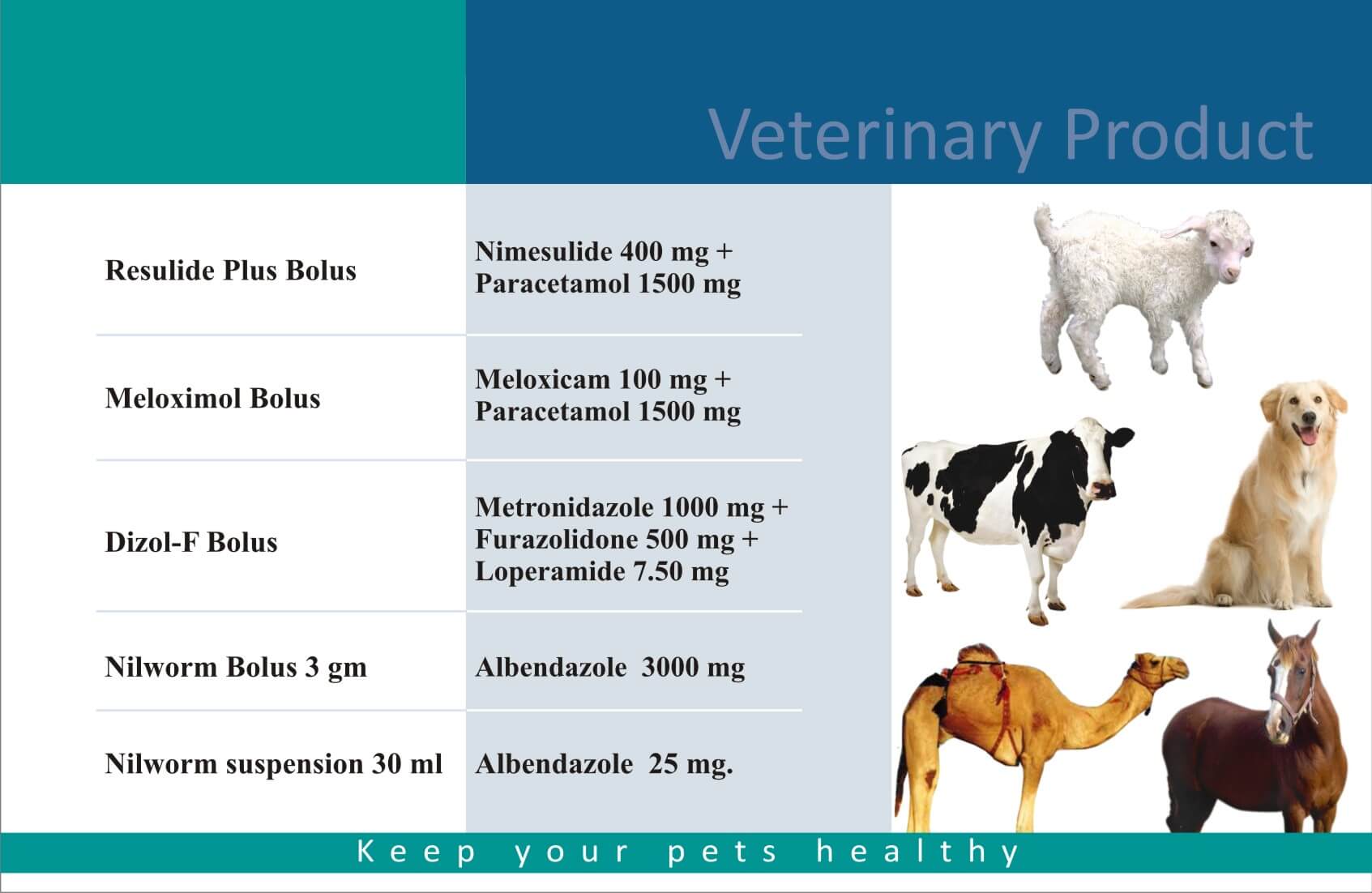How Veterinary Labs Help Protect Pet Well-Being
How Veterinary Labs Help Protect Pet Well-Being
Blog Article
Pets are family, and supporting their wellness requires effort. Pet health labs are pillars of modern pet care in ensuring proper care for companion animals.
This article, we’ll discuss the value of lab tests for animals and highlight the most common exams.
How Do Veterinary Laboratories Work?
Diagnostic labs for pets are specialized centers for testing biological materials. These labs support animal doctors to make accurate diagnoses.

Steps in veterinary testing usually includes:
- Collecting pet health data: Blood, urine, or feces are collected at clinics.
- Advanced diagnostics: State-of-the-art processes analyze the findings.
- Analyzing findings: Data supports treatments for targeted interventions.
Common Veterinary Tests for Dogs and Cats
Diagnostic exams are tailored to pet needs to prevent serious conditions. Key lab services include:
- Blood tests: Identify infections.
- Urine testing: Check for diabetes.
- Digestive system evaluations: Ensure proper nutrient absorption.
- Allergy testing: Address skin issues.
- Imaging diagnostics: Detect tumors or growths.
laboratório de veterinárialaboratório de análises clínicas veterináriasanálises clínicas veterinária
Why Diagnostic Exams Are Essential
Consistent lab work improves pet care. By addressing concerns promptly, your pets stay healthier longer.

The value of testing include:
- Better disease management: Chronic issues are managed.
- Cost savings: Early detection reduces expenses.
- Trust in their well-being: Manage concerns proactively.
Why Testing Matters for Dogs and Cats
Animal diagnostic centers are vital for protecting the health of dogs and cats. By making testing part of their care, you catch issues early.
Schedule a diagnostic exam now and keep them healthy and thriving!
Report this page